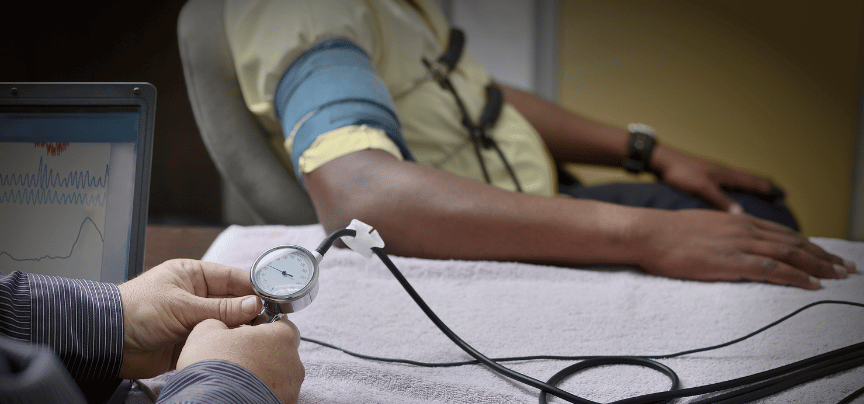
August 5, 2022
Getting charged with domestic violence can be a terrifying experience, especially if you are innocent. The good news is that there are several options of defenses to a domestic violence charge that you can explore. Self-defense This is one of the most common defenses to a domestic violence charge, and it can be quite effective....
Read More >

August 5, 2022
You’ve likely seen polygraph tests used in movies and on television shows, but how are these tests used in reality? In this blog, we’ll define polygraph tests, discuss their accuracy and use, explain why they’re not admissible in court, and help you understand your rights when it comes to taking these tests. What Is a...
Read More >

August 4, 2022
The passage of Missouri’s Senate Bill 600 changes the classification and sentencing of certain felony offenses. For example, an increase in complaints of vehicles reportedly stolen has resulted in lawmakers elevating carjacking to a Class A Felony. Previously, an individual alleged to have carried out a carjacking faced an armed robbery charge. The Senate bill,...
Read More >

August 4, 2022
Mobile computing technology has made incredible digital cameras readily available to most people. That means that you don’t have to pull out a camera or worry about buying film in order to take excellent photos. Unfortunately, sometimes the temptation to capture certain moments with a photograph could put you in a legally vulnerable position. The...
Read More >

August 4, 2022
When a law enforcement officer shows up at your door and requests to look around, you have the option of refusing to allow him or her to enter in the absence of a warrant. When authorities stop you while you are driving in your car, though, the laws are a bit different. The more you...
Read More >

August 4, 2022
If you’ve killed someone and been arrested, it’s important for you to understand that this is a very serious situation. Homicide is treated as the most serious of offenses in most states, and Missouri even allows for the death penalty for murder convictions in some cases. However, there are good potential defenses that can help. For example,...
Read More >
